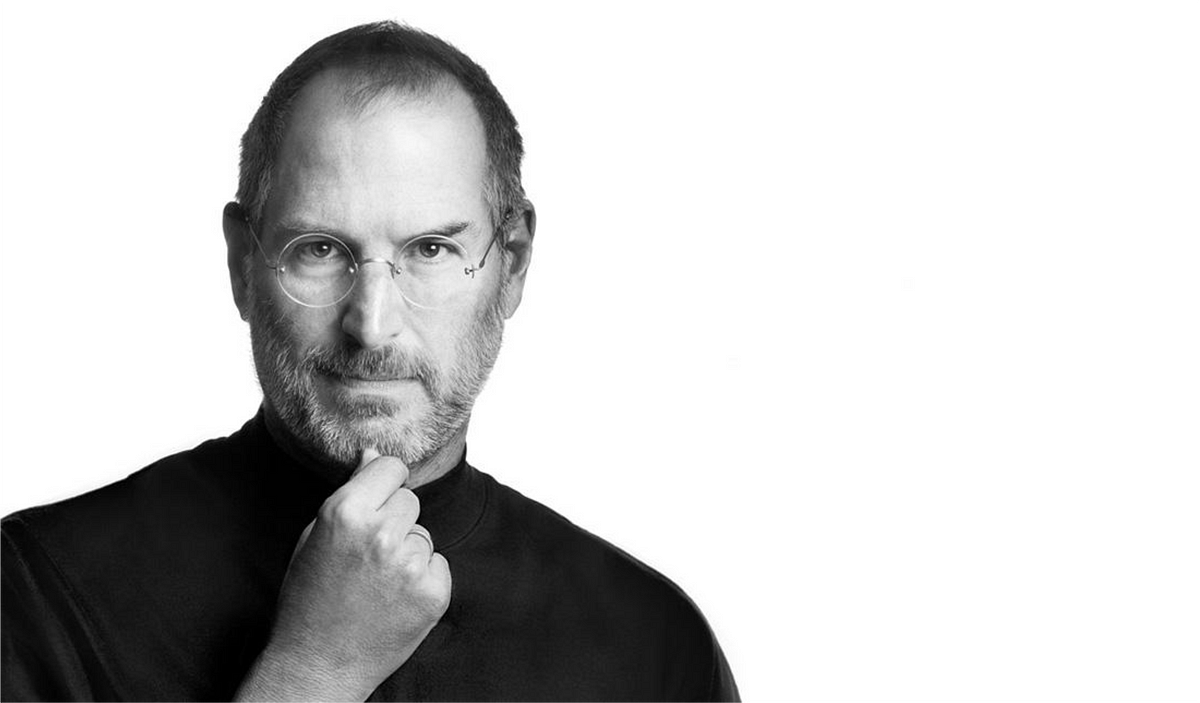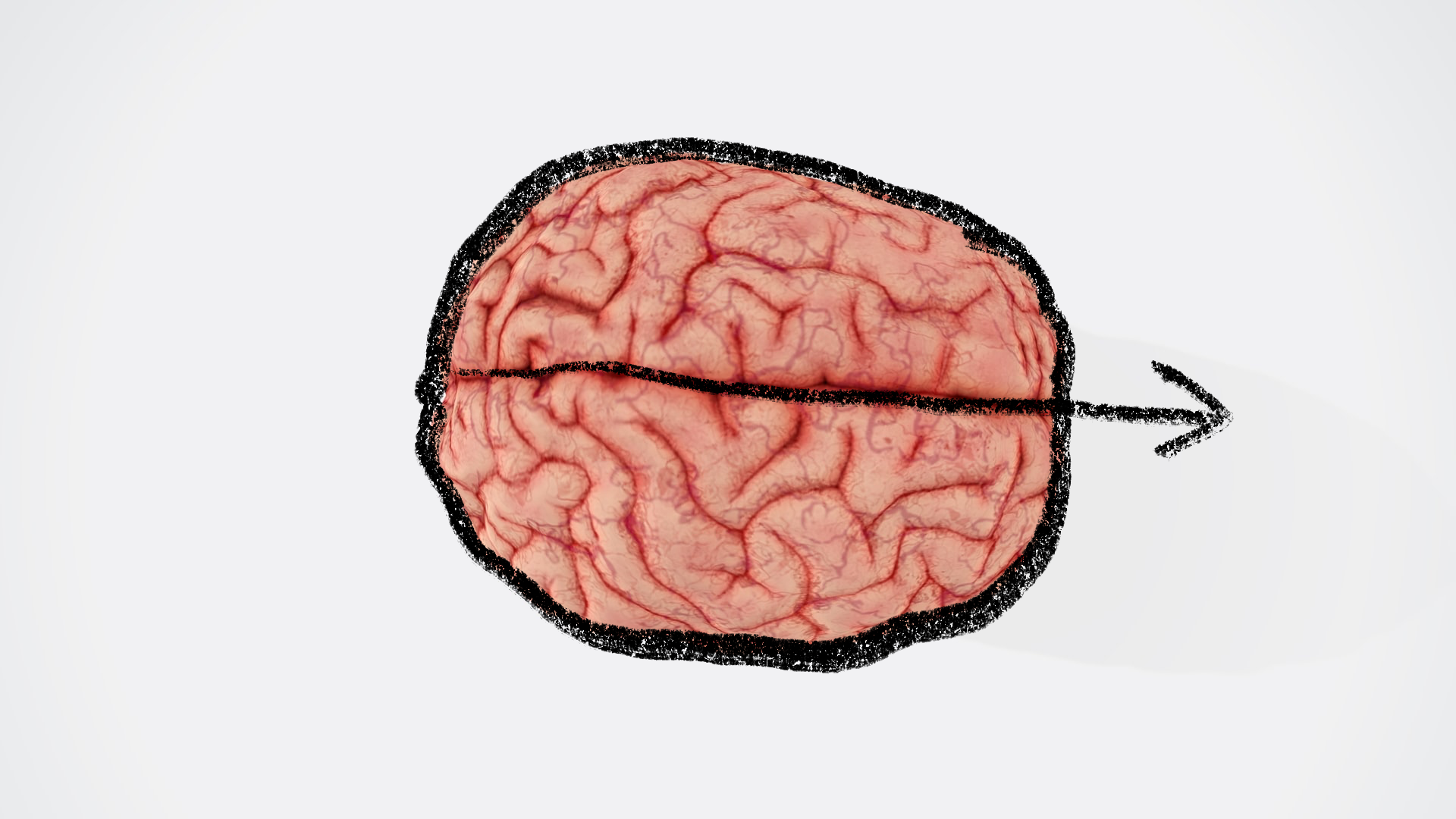Saved by Lillian Sheng and
The Neuroscience of Achieving Your Goals
To understand the power of goals, we also need to understand how they impact brain function. The brain is a prediction engine.6 It’s always trying to predict what is about to happen next and how much energy will be required by that situation. To make those predictions, three systems come into play: information acquisition, pattern recognition, and
... See moreSteven Kotler • The Art of Impossible
Kaustubh Sule added
.psychology
Break up the impossible into large and small goals.
You’ve unearthed your passions and discovered your purpose. Now, how do you find the strength to act on them consistently over time?
The answer is: by having clear goals. In the late 1960s, psychologists Gary Latham and Edwin Locke conducted a study that showed just how powerful goals can be. In it,
... See moreSteven Kotler • The Art of Impossible
Kaustubh Sule added
When you go deeper into the stack you realize this: in order to be productive, you need to have an end toward which you are working. You also need to have a means or a strategy to get there.
Ideas in psychology, philosophy, and literature can help you understand your ends—to choose them more consciously, and to choose new ones if the ones you’ve alr
... See moreevery.to • What Is Underneath Productivity?
Andreas Vlach added
Almost Everyone I’ve Met Would Be Well-Served Thinking More About What to Focus On
Henrik Karlssonhenrikkarlsson.xyz

proper goal setting requires three sets of goals: massively transformative, high and hard, and clear—for three different timescales. MTPs last a lifetime; high, hard goals can take years; clear goals are accomplished one minute at a time. But it also means knowing which goal to focus on when. Across the shorter timescales of the moment, attention n
... See moreSteven Kotler • The Art of Impossible
Kaustubh Sule added
.implementation
- Set up a plan for putting your vision into action – break it down into practical steps that you can take every day.
- Think about obstacles you'll encounter so you don't get surprised. Use an app to help you track and reflect on your goals if you can't see them tangibly - or write about how you're doing along the way.
Andrew Huberman • Dr. Emily Balcetis: Tools for Setting & Achieving Goals
Mo Shafieeha added
(1) thinking ahead, or viewing the situation as just one moment on a larger, longer timeline and being able to identify it as just one point to get past in order to reach a better future point; (2) being specific and setting specific goals, or defining your end point as discretely as possible and pooling your attentional resources as specifically a
... See moreMaria Konnikova • Mastermind
Kaustubh Sule added
.implementation
